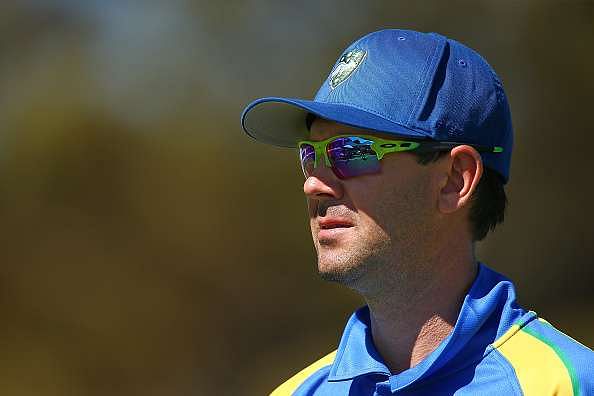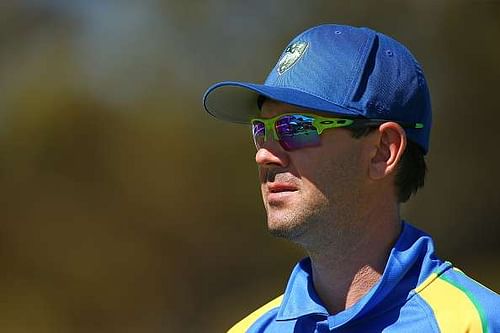
About time we do away with the coin toss in Test cricket?
“Forget the toss of a coin. Simply let the visiting team look at the pitch on every occasion and decide what they want to do,” suggested the Australian legend Ricky Ponting, about a year ago. This was said following the debacle of Trent Bridge in the Ashes 2015.
Test matches of late have been greatly in favour of the home team, and anytime a visiting team makes a mark, it is considered a huge upset. Leaving aside the Proteas on a few occasions, no team in recent times have had favourable overseas results.
Tours are getting overly predictable, and matches are fast becoming mere numbers for the record book. Fans are slowly backing away from the oldest form of the game. Some drastic changes have to be made to make the modern game more exciting.
Ponting found support from West Indian legend Michael Holding who at that time said, “It’ll ensure better pitches throughout the world because no one will look to build a pitch whose features are obvious, and which will give an immediate advantage to the visiting captain. They will try and prepare good quality surfaces that give no obvious advantage to anyone, which is what you want in Test matches.”
The effect of toss in recent times
After losing the toss in the first Test at Rajkot, most Indian players admitted to playing catch up. In the second Test at Vizag, the toss will prove even more crucial, as the pitch will crumble and turn square as the game progresses. Agreed, that sports like life has an element of chance, but results of a match being predominantly affected by the mere toss of a coin seem questionable at best.
Traditionalists will argue that you cannot take the element of chance away from the game, for that will always exist. The faintest of edges can get the batsman walking back to the pavilion, and matter of millimetres could change the outcome of the game. As they say, “When it is not necessary to change, it is necessary not to change.”
That sounds poetic on paper, but Cricket is a sport, more than any other in which the toss is more likely than not have a huge bearing on the outcome of the game. Test matches being played out across five days, factors like weather conditions, cloud cover, and light intensity amongst other things will play a huge role in deciding which is the best period to bat or bowl. Quite evidently it is unlike other sports, in which the toss is more or less a formality.
Also read: 5 reasons why the non-selection of Yuvraj Singh is justified
The beauty of cricket has always been the balance between bat and bowl, and skills of both facets of the game being tested when put up against each other. Not suggesting in any way the script of the game follows a particular tone. Otherwise, that pattern would prove to be monotonous.
But the soul of the game is when it’s a battle of equal proportions, and the result is as unpredictable as the toss that lasted three centuries. The element of chance, which is the essence of the game still thrives, but now at least it lies only in the minds of players of the game.
A legend thinks differently
About the same time, yet another Australian legend, Steve Waugh opinioned that, "All the toss at the start of a game decides is which captains gets the choice of batting or bowling first. No matter which way the coin falls, both teams still have to complete the tasks in front of them." It would be interesting to bring about the results after winning the toss in recent times.
Surprisingly, you will find out that the figures are more uniform than previously suspected. The number of games won after winning the toss is 34.8% and games won after losing the toss is 31.25%. These are all time status, and in recent times you would find that the number is slowly drifting towards advantage toss.
Waugh was of the opinion that Australia’s drubbing at the hands of England had less to do with doctored pitches or the coin toss, and more to do with lack of application by the baggy greens in English conditions. As I write, they are facing some sweet chin music from the relentless South Africans in their own backyard!
The simple fact is the home teams already have the ‘home advantage’ going for them, and implementation of this thought would go a long way in balancing out the scales so that we can have evenly contested matchups.
This is already being implemented in the 2nd division of the county in England, and we wait to see positive results with a ‘good’ pitch. This along with day-night Tests, consideration of four-day Tests etc., might just give Test cricket a whiff of fresh air which it needs.
Both sides of the coin of this argument do bring up valid points. Maybe we should toss a coin to decide?
